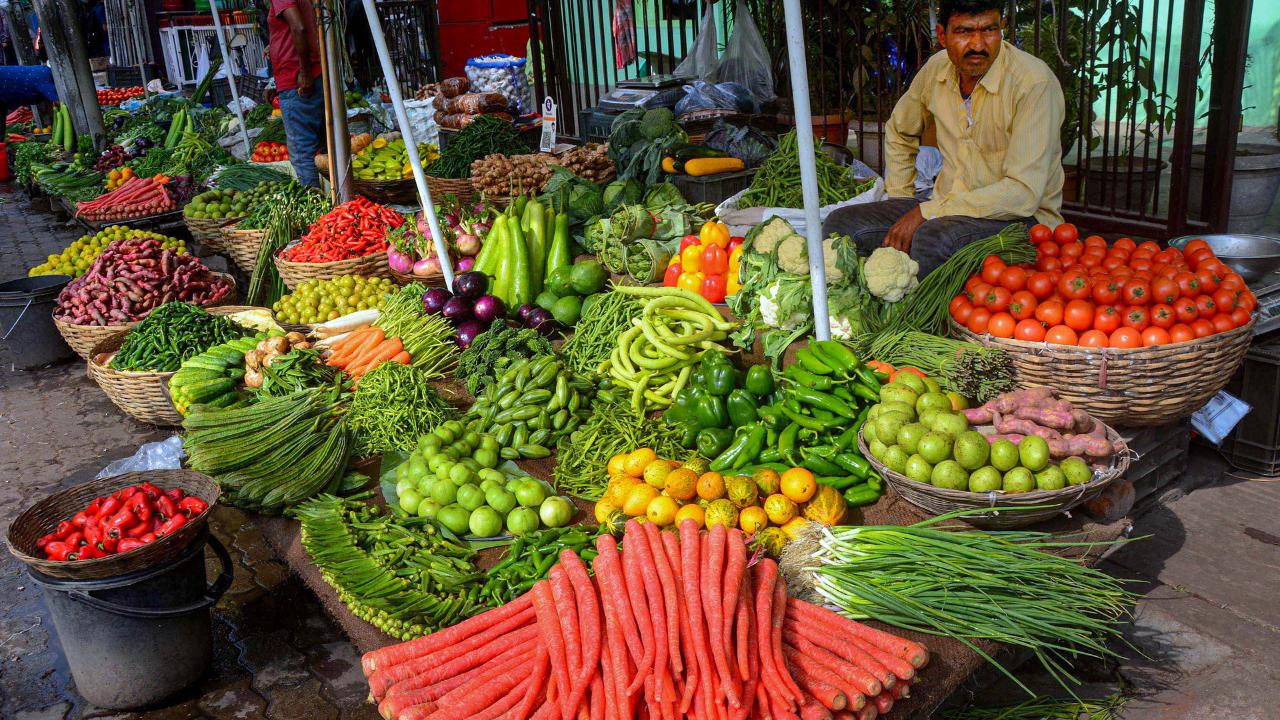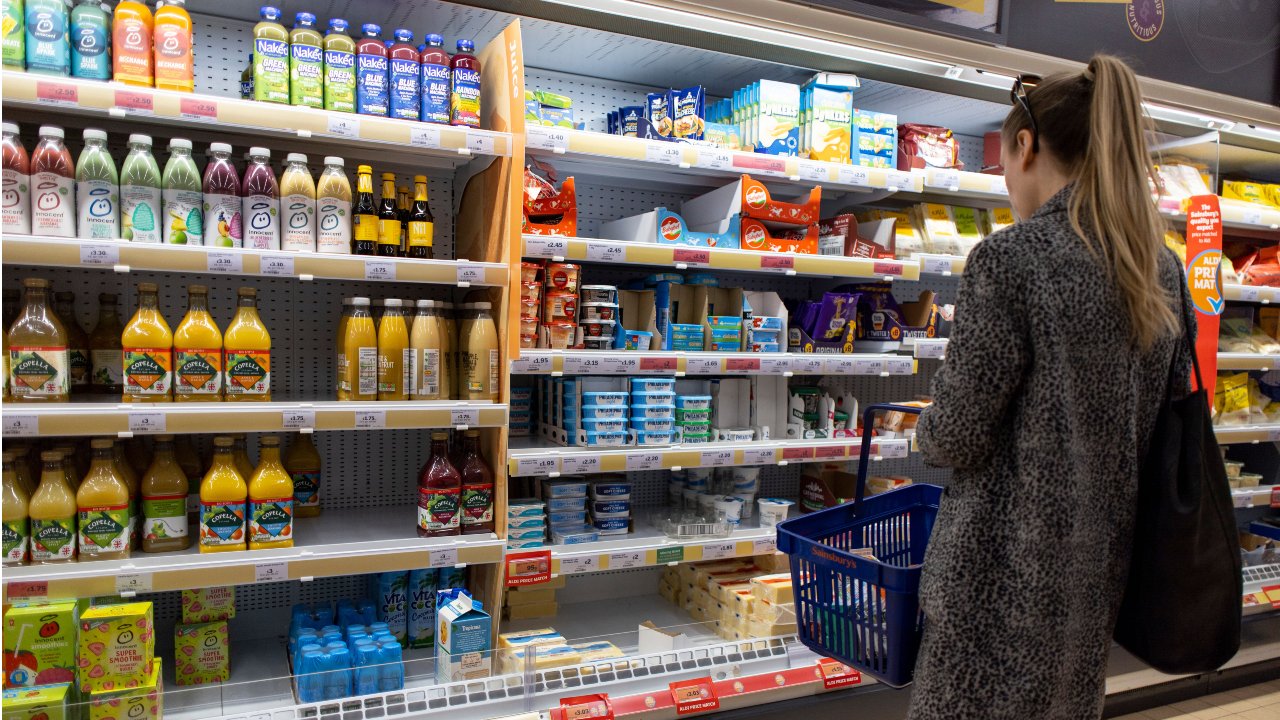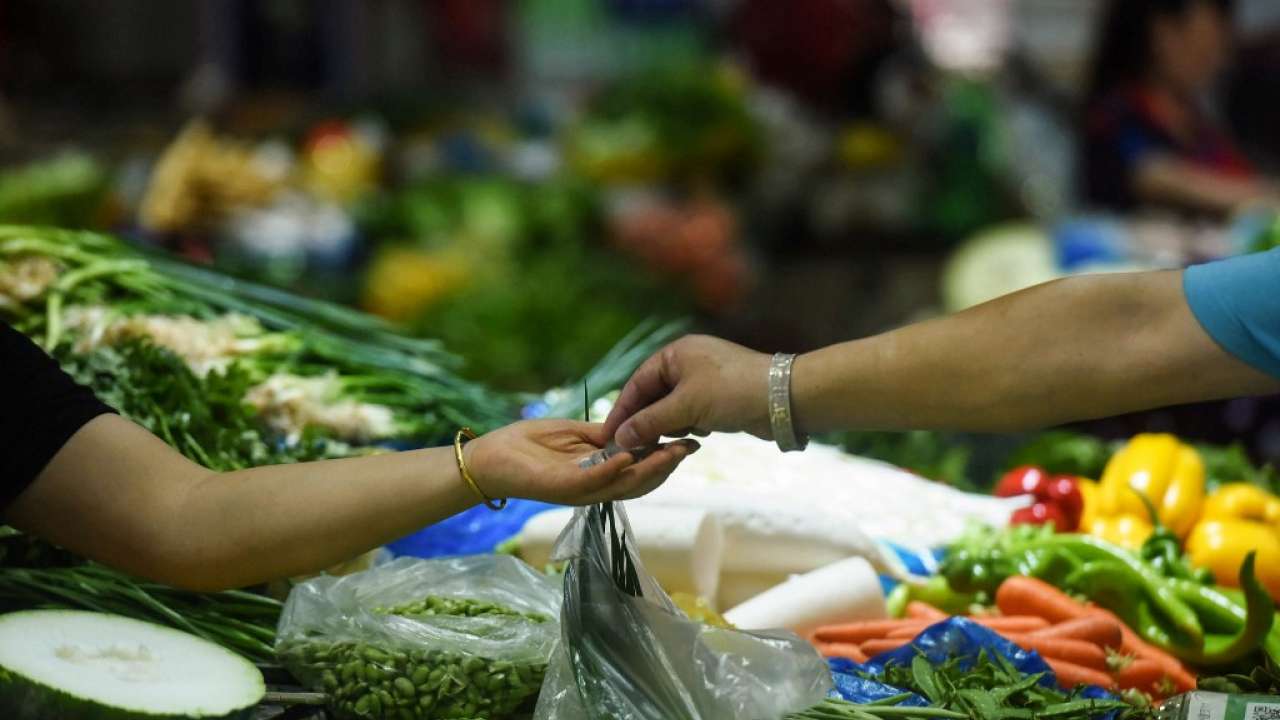Overcoming Obstacles: Navigating El Nino and Food Inflation on the Road to Achieve 4% CPI

Overcoming Obstacles: Navigating El Nino and Food Inflation on the Road to Achieve 4% CPI
The official stated that inflation is projected to be 5.1% in FY24, and we will keep working to get it down to 4%.

Governor Shaktikanta Das stated that the Reserve Bank would work to achieve its 4% objective for headline inflation, although El Nino has been identified as a barrier to such efforts. In an exclusive chat with PTI Bhasha at his office in this city, Das voiced confidence in the economy’s ability to expand at the earlier-anticipated 6.5% rate in FY24. According to Das, inflation was brought down to 4.25 per cent in May from a peak of 7.8 per cent in April last year thanks to supply-side government policies and rate increases by the central bank totalling 2.50 per cent since May of last year.

“We are still keeping a close eye on inflation. We anticipate that inflation will be 5.1% in FY24, and we will keep working to bring it down to 4%, he added. Regarding the high borrowing costs, Das stated that interest rates and inflation are directly correlated, and the RBI can lower interest rates if persistent consumer price inflation falls to around 4%. The Governor noted that the Russia-Ukraine war, which caused a spike in commodity prices, also caused an increase in inflation but added that since oil prices have dropped to about USD 76-76 a barrel, there is no longer an inflation issue.
Amid economic uncertainties worldwide, it is essential to maintain stable inflation rates to sustain economic growth and ensure the well-being of citizens. In India, the Reserve Bank has set a target of keeping the Consumer Price Index (CPI) within the range of 2 to 6 per cent. In a recent statement, the Governor of the Reserve Bank of India, Shaktikanta Das, emphasized the commitment to bringing down CPI to 4 per cent, acknowledging the challenges posed by El Nino and its potential impact on food inflation.

The Consumer Price Index calculates the average price changes of goods and services paid by urban consumers..It is a crucial tool for measuring inflation, reflecting how much consumers can buy and the overall cost of living. A higher CPI indicates rising prices and erodes the value of money.
Shaktikanta Das, is committed to reducing the CPI to 4%. This commitment underscores the Reserve Bank’s focus on maintaining price stability, essential for sustainable economic growth and public confidence in the financial system.

El Nino is a climate phenomenon characterized by the warming of the Pacific Ocean, which affects weather patterns globally. It can have significant implications for agriculture and food production, leading to potential spikes in food prices and subsequent inflation. As India is highly dependent on agriculture, any disruptions caused by El Nino can directly impact the overall economy.
According to Das, the price of food has also decreased, aided by actions like the Food Corporation of India releasing its supplies of wheat and rice. He stated that targeted reductions in levies on particular items had also been beneficial. Das cited two or three issues, including the unstable worldwide scenario owing to geopolitics and the domestic monsoon condition, when questioned about the problems on the inflation front.”Even if a typical monsoon is anticipated, El Nino is a cause for concern.

Recognizing the challenges posed by El Nino, the Indian government and the Reserve Bank are actively taking measures to mitigate the impact on food inflation. These measures include:
- Strengthening agricultural infrastructure: Investing in irrigation facilities, storage systems, and transportation infrastructure to enhance the efficiency of the farm supply chain and reduce wastage.
- Diversifying agricultural practices: Encouraging farmers to adopt modern techniques, such as precision farming and organic farming, to increase productivity and reduce the vulnerability to climate-related risks.
- Improving market connectivity: Establishing efficient market linkages between farmers and consumers, promoting direct procurement from farmers, and reducing intermediaries to ensure fair prices for producers and consumers.
- Enhancing food storage and distribution: Increasing the capacity and efficiency of food storage facilities, establishing cold chains, and implementing effective distribution networks to prevent spoilage and reduce post-harvest losses.
- Promoting crop insurance: Encouraging farmers to avail themselves of crop insurance schemes to mitigate the financial risks associated with weather-related crop failures.

Addressing the challenge of inflation requires a collaborative approach between the government, the Reserve Bank, and other stakeholders. The government’s fiscal policies, including taxation and subsidies, are crucial in managing inflation. The Reserve Bank, on the other hand, operates monetary policies such as interest rates and liquidity to maintain price stability.
According to Das, who reiterated that the RBI would keep up its efforts to decrease volatility, the rupee has been less volatile in 2023 and has risen against the dollar. Das asserted that he is convinced the rupee won’t be negatively damaged even if the US Fed raises interest rates, noting that the local currency has remained constant despite a five percentage point increase in rates in the US. The Governor predicted that the current account deficit (CAD) in FY24 will be “eminently manageable” due to increased service exports and falling petroleum prices.
Bringing down the Consumer Price Index to 4 per cent is a significant objective for the Reserve Bank of India. The commitment the Governor, Shaktikanta Das, shows reflects the determination to ensure price stability and sustainable economic growth. However, the challenge posed by El Nino and its potential impact on food inflation must be considered. Through proactive measures, including strengthening agricultural infrastructure, diversifying agricultural practices, improving market connectivity, enhancing food storage and distribution, and promoting crop insurance, India aims to mitigate the impact of El Nino and achieve the desired inflation target. A collaborative approach between various stakeholders will be crucial in successfully navigating these.




